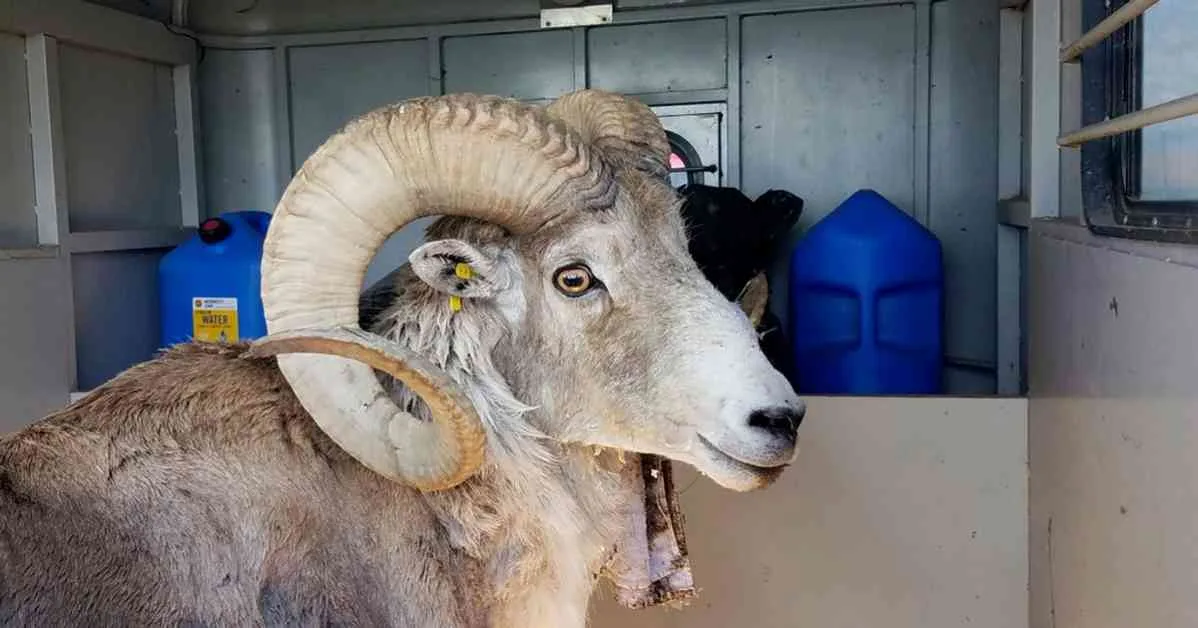An 81-year-old man from Montana, Arthur “Jack” Schubarth, has been sentenced to six months in federal prison for illegally using tissue and testicles from large sheep hunted in Central Asia and the U.S. to create hybrid sheep for captive trophy hunting in Texas and Minnesota. U.S. District Court Judge Brian Morris deliberated on the sentence, considering Schubarth’s age and lack of criminal record. In addition to prison time, Schubarth was fined $20,000 and ordered to make a $4,000 payment to the U.S. Fish and Wildlife Foundation.
This case revolves around Schubarth’s cloning of a giant Marco Polo sheep, which he named Montana Mountain King or MMK. The cloning process involved illegal breeding operations that spanned multiple states and endangered wildlife health. The cloned animal has been confiscated by the U.S. Fish and Wildlife Services and is currently held in an accredited facility until it can be transferred to a zoo.
Schubarth, who owns Sun River Enterprises LLC, a ranch specializing in alternative livestock for private hunting preserves, pleaded guilty to charges of conspiring with others to create a larger, hybrid species of sheep using the cloned Marco Polo sheep. These hybrid sheep were sold to individuals in various states, with the total value of the animals involved estimated between $250,000 and $550,000.
As part of his sentence, Schubarth is prohibited from breeding game stock during his three-year probation period. The remaining hybrid sheep on his ranch must be sent to slaughter, with the meat donated to a food bank. Additionally, he has until December 2025 to sell his Rocky Mountain bighorn hybrid sheep.
In a letter attached to the sentencing memo, Schubarth expressed remorse for his actions, stating that his enthusiasm for the sheep project led him to overlook legal boundaries. He admitted that his family has suffered financially as a result of his actions.
The case involving Schubarth is ongoing, with the plea agreement requiring his full cooperation with prosecutors and testimony if needed. The sentencing serves as a reminder of the consequences of illegal wildlife breeding and trafficking, highlighting the importance of conservation efforts to protect endangered species and maintain biodiversity in ecosystems.









